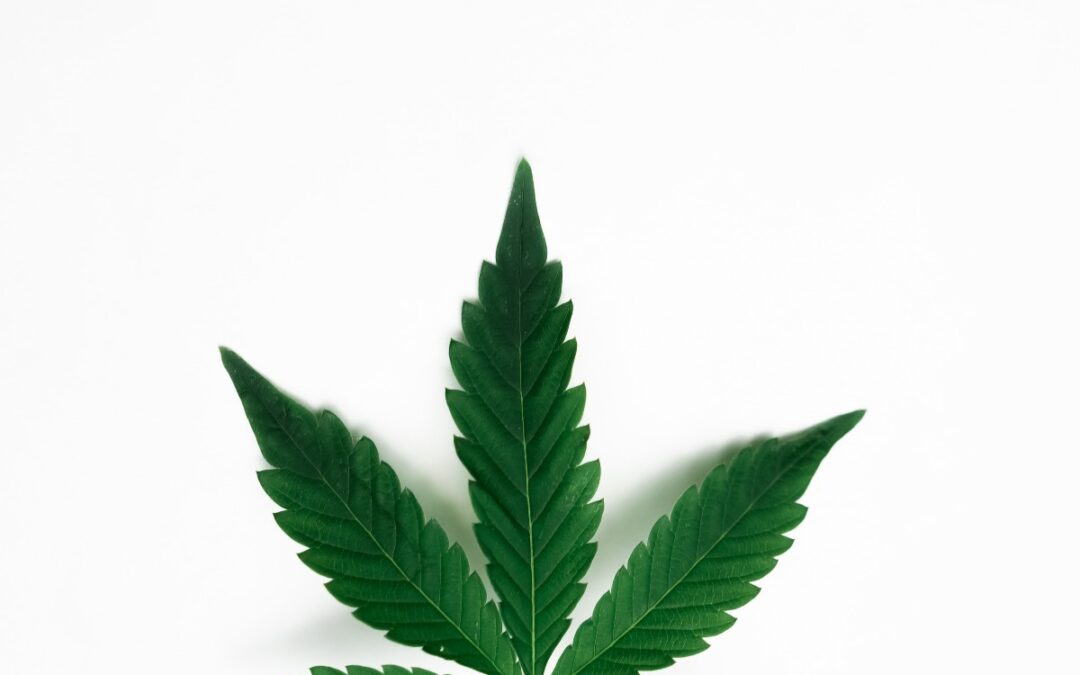Marijuana is a substance whose use is controversial in society. Some classify this substance as an addictive drug and others view it as a medication.
You may feel the desire to use marijuana as a coping mechanism through recovery as you are working to stop the use of other substances. Marijuana can help relieve symptoms of stress and anxiety for some people. However, there are potential dangers involved with using it as a coping mechanism.
Swapping Addictions
One of the most common concerns with using marijuana as a coping mechanism is the potential of swapping addictions. While using marijuana may help to alleviate the stress and psychological factors of recovery, you may become dependent on this substance to cope with these emotions over time. This can make it more difficult for you to practice healthier coping skills.
The using marijuana as a coping mechanism also reinforces dependence on marijuana. This can lead to an addiction to marijuana, swapping one addiction for another.
Marijuana is not as addictive as many other substances. While it contains addictive properties, marijuana binds to our fat cells. This means it stays in the system longer than other substances, creating a slow release. Many individuals do not experience extreme withdrawal effects because of the way the substance is released within the body. However, using marijuana regularly can increase the potential of experiencing withdrawal symptoms.
Mental Health Effects of Marijuana Use
Marijuana use may be helpful for some individuals in relieving symptoms of anxiety, depression, or other emotional factors. However, this is only a band-aid solution. This means that the effects of marijuana use only put a temporary hold on these emotional responses. You are not solving the problem, just covering it up for a while.
Over time, this can cause an overall regression in your mental health. When marijuana is no longer being used, all of the buried emotions will likely resurface. When they resurface, they may be harder to overcome.
Not only can marijuana use bottle up your emotions for a later time, but it can also allow room for alternative negative emotions to arise. For example, if you have a small amount of anxiety and use marijuana as a coping mechanism, you may find that you have severe anxiety after stopping use. This substance can bring out more hidden emotions, worsening the situation in the long run.
Physical Health Effects of Marijuana Use
When marijuana is present in the body, it tends to promote a sense of relaxation. While this can be enjoyable at times, continued use can lead to a decline in your overall physical health.
For example, many people feel enticed to binge eat while marijuana is active. This can lead to them gaining an unhealthy amount of weight with prolonged use. The lack of activity promoted by marijuana use also can contribute to this weight fluctuation.
Marijuana also works to slow your breathing. When trying to engage in physical activities after marijuana use, you may easily become short of breath. You may struggle to provide your body with a sufficient level of oxygen.
Your movement, coordination, and reaction time can be permanently damaged with prolonged marijuana use as well. Smoking marijuana can lead to lung damage, also negatively affecting your breath patterns and ability to maintain your physical capabilities.
Ways to Reduce Stress Without Marijuana
There are various ways to reduce your stress levels in recovery without using marijuana as a coping mechanism. Utilizing these alternative methods, you can avoid the risks involved with marijuana use. This ensures that the coping strategies you implement are positively impacting your long-term health and ability to recover.
Utilize Holistic Practices
Holistic practices are great to implement into your recovery to help you cope with the stress that arises. There are endless amounts of alternative methods to relieve stress that do not come with the potential consequences of marijuana use.
We recommend exploring holistic practices, as many of these methods relate to self-care. Ensuring you are caring for yourself helps set you into the mindset that allows you to manage the stress that comes your way. Holistic practices are meant to establish a state of balance. This balance can help you avoid potential stress and creates room for stress management to flow more freely.
Consider Brainspotting
If you are dealing with trauma, brainspotting is a treatment that can help you heal long-term. The benefits of brainspotting can help you rewire your neurological responses to memories of trauma.
Ask For Help
If you are unsure of how to move past an obstacle that comes your way or feel that your stress levels are too much to handle, reach out to your support system for help. Your treatment team is always available as well to help you overcome these hardships. If you are unsure how to best cope with a situation, ask for help rather than resorting to marijuana use. We can help you find a coping mechanism that works well for you and positively contributes to your recovery.
Many individuals find that marijuana is a tempting coping mechanism for them to utilize in recovery. While this may help you to stray away from more severe substances and calm your emotions through the process, it is only a temporary solution. The goal through recovery is to come up with long-term solutions to manage the stress factors of your life, rather than temporarily rely on another substance. Using marijuana as a coping mechanism can lead to many dangers and long-term health consequences. To learn about these potential dangers and develop an understanding of alternative coping mechanisms that can be applied to your situation, reach out to Dream Recovery today at (657) 216-7218.


Recent Comments